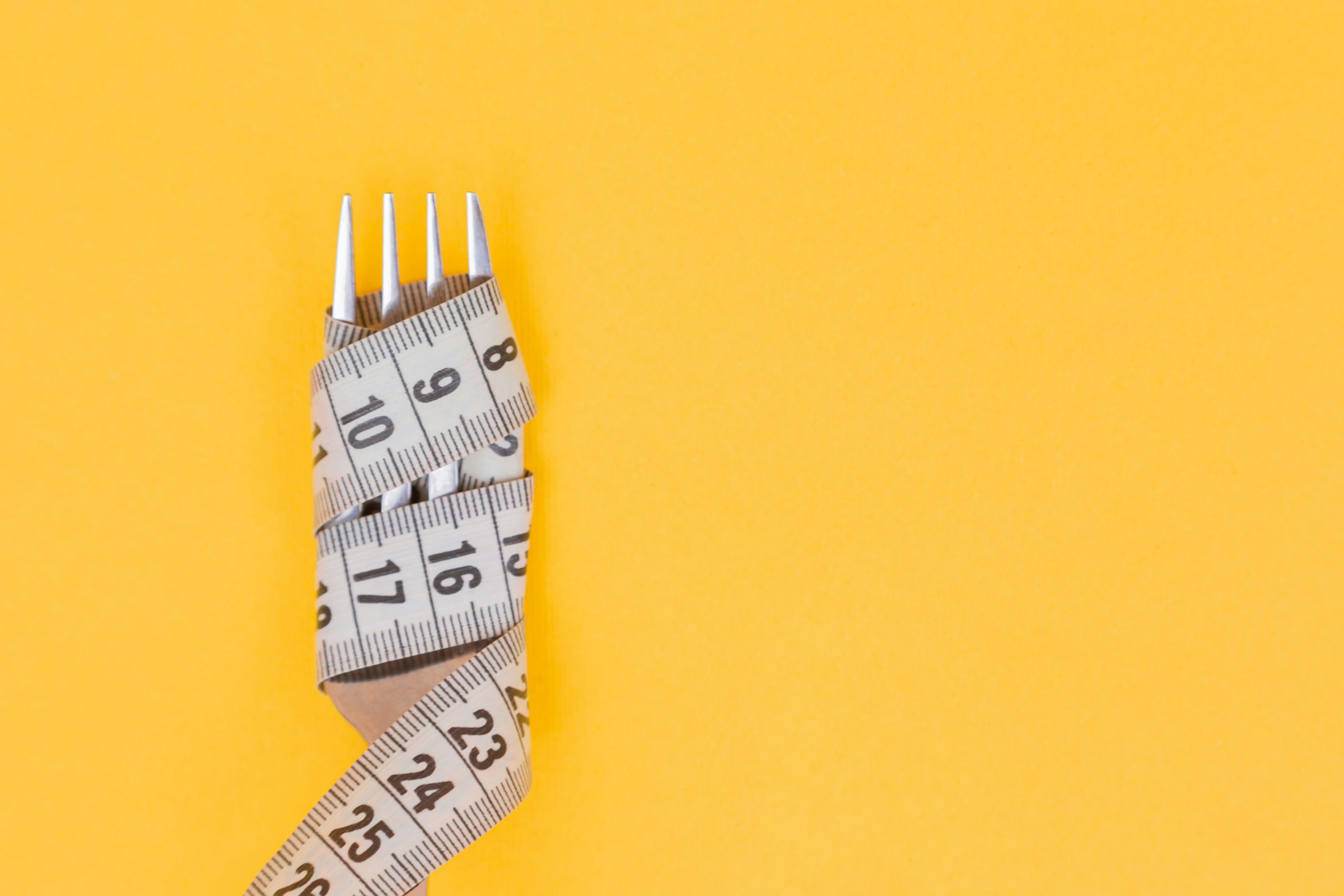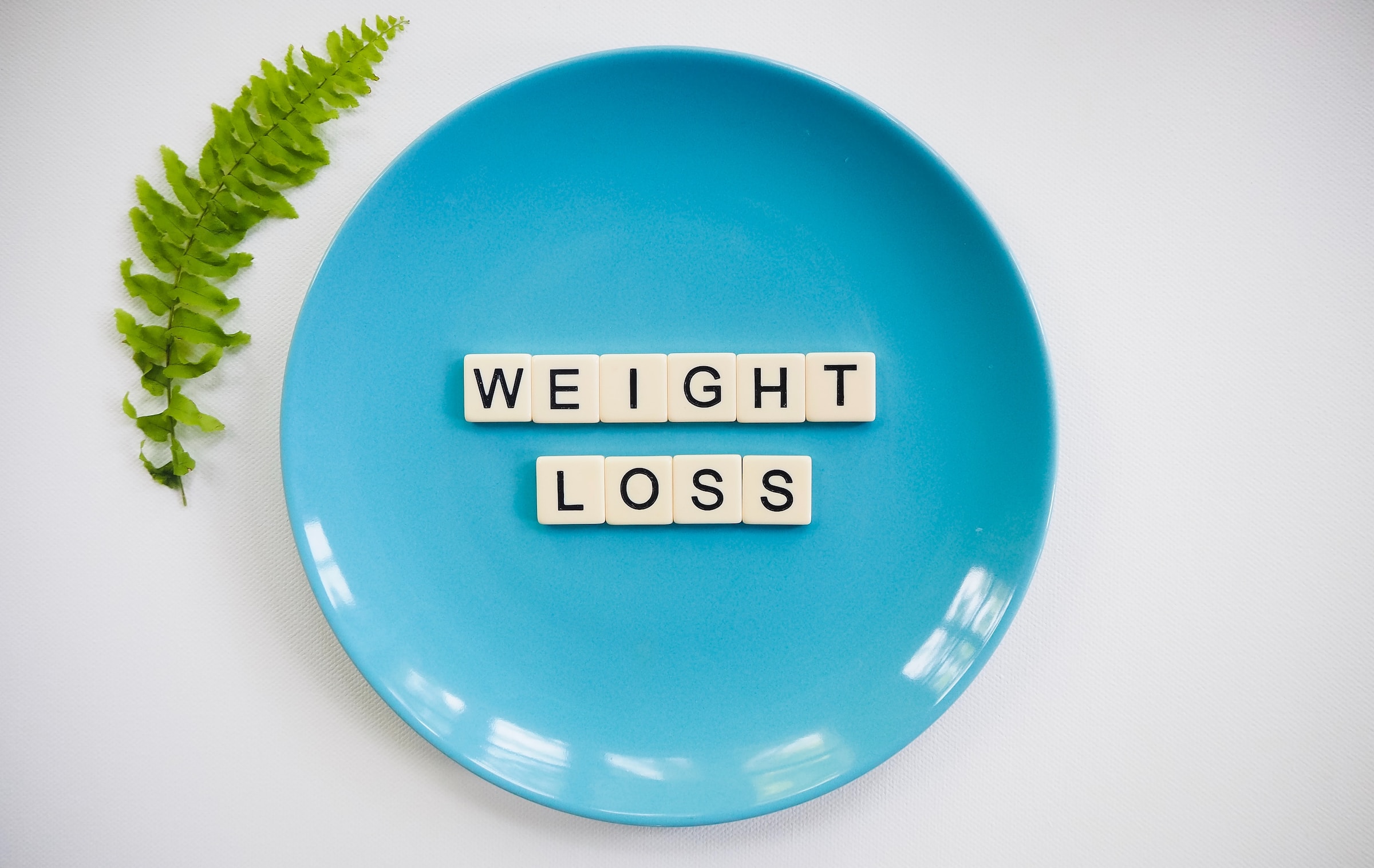
Nicholas Clement first introduced calories in Paris between 1819 and 1824. By 1918, books on calorie counting for weight loss were published. Some people lose weight by counting every calorie, while others successfully use other methods, like ditching sugar, following a ketogenic diet, or starting a new workout routine. We’ve listed the pros and cons of calorie counting — one of the oldest and most widely-discussed approaches to weight loss.

What are calories?
Your food and drinks provide you with units of energy called calories. You can read the calorie counts on nutrition labels to determine how many calories are in a particular food item. You take in calories from your food and drink and burn calories for energy.
Today, you can find plenty of apps and wearables that track and monitor how many calories you’re taking in and how many you’re burning with walking or other specific activities. Depending on your age, weight loss goals, activity level, overall health, and other factors, you might require more or fewer calories to function. Active and athletic people and those who are pregnant, breastfeeding, or dealing with illness might require more calories.
The USDA Dietary Guidelines recommend that men consume around 2,000 to 3,000 calories daily and women consume around 1,600 to 2,000 calories daily.

What is calorie counting for weight loss?
Counting calories is a popular method people use to accelerate weight loss that’s based on the ‘calories in, calories out’ model. The idea is that if you take in more calories than you’re burning for energy, your body could store these calories as body fat, leading to weight gain over time. However, if you take in fewer calories than you’re burning for energy, it could lead to weight loss over time. The premise of the ‘calories in, calories out’ model is that to achieve and maintain optimal metabolic health and body weight, the number of calories you take in must match the number of calories you expend in energy.

The pros of calorie-counting for weight loss
Some people find calorie-counting is useful, prevents overeating, and encourages portion control, especially if you’re struggling to lose weight. Calorie counting also fosters accountability and makes you stop and think about what you’re eating. Today, you can find plenty of user-friendly apps and wearables that can help you count your calories, calculate the correct number of calories you need for weight loss, and monitor your progress. These apps generate customized results based on your personal information, such as height, age, and weight.

The cons of calorie-counting for weight loss
Some people believe counting calories is an extra unnecessary hassle. Reducing your calories too low can also hinder your goals and push your body into starvation mode. Not all calories are equal, and two foods with the same calorie count, such as broccoli and a candy bar, won’t exert the same metabolic effect on your body.
Calorie counting doesn’t consider the quality or type of food you eat in terms of health and weight loss. Some foods, like certain sugars, can hike up levels of the hunger hormone ghrelin. Weight loss also involves the fat-storage hormone called insulin, which is primarily released from your pancreas following a meal high in sugar and carbs. Eating sugar or refined carbs that turn to sugar in your body prompts the release of the fat-storage hormone called insulin, which tells your body to hold on to your fat stores and impedes weight loss.
Interesting research also highlights the importance of the bacteria and microorganisms in your gut and how they influence body weight and obesity.
The thermic effect of food
The thermic effect of food refers to the amount of calories and energy required to digest that food. Some foods require more calories and energy to metabolize, digest, and absorb compared to other foods.

Not all calories are equal
Processed, sugary foods and refined carbohydrates like candy, cupcakes, and pancakes are typically higher in calories compared to more natural whole foods like broccoli, chicken, and eggs. This doesn’t mean that lower-calorie foods or beverages are always healthier for you. For example, diet soda has little to no calories, but it also has little to no nutritional value, and research shows artificial sweeteners like aspartame have been associated with adverse health outcomes like kidney issues and the development of metabolic syndrome. Alcoholic drinks are also considered to be empty calories.
Likewise, high-calorie foods are not always unhealthy. For example, half a can of unsweetened coconut milk provides 350 calories, which is high in calories. Unsweetened coconut milk is considered a healthier, satiating milk that gives you high amounts of potassium. One tablespoon of olive oil provides 126 calories. Healthy fats like olive oil, avocado, and coconut milk usually have a higher calorie count because fats deliver more calories per gram compared to carbohydrates and protein.
The weight loss picture is definitely more complicated than just calories in vs. calories out, with other factors at play, such as hunger hormones, the gut microbiome, insulin sensitivity, and the thermic effect of food. It’s important you have realistic weight loss objectives. Working with a doctor or weight loss professional could help steer you safely in the right direction.
Editors' Recommendations
- Black tea vs. green tea: Which offers more benefits?
- How to train for your first century bike ride (tips to help you get you through all the miles)
- Should you wait to drink alcohol after working out? Your questions answered
- The important health benefits of magnesium you need to know about
- Improve your skin and eyes with these delicious foods high in vitamin A




